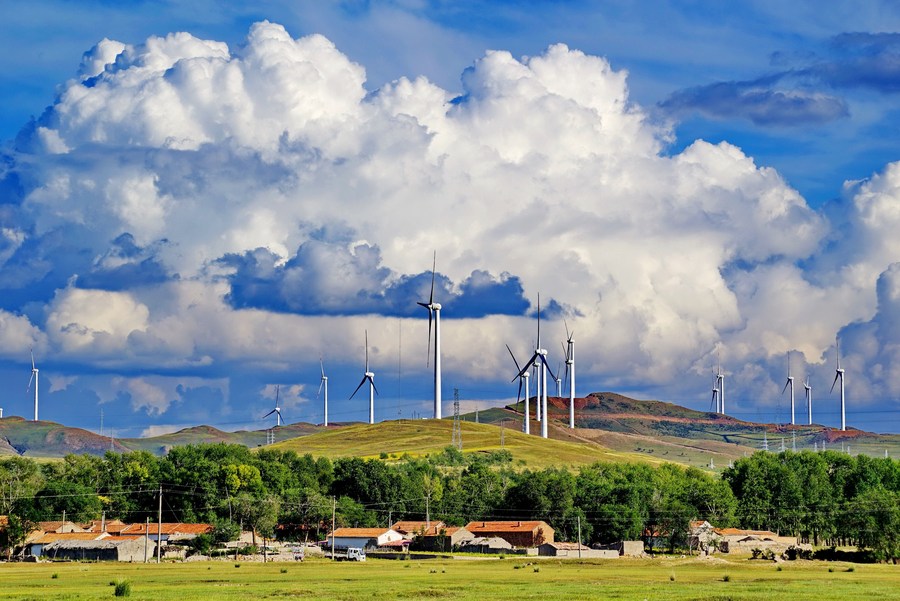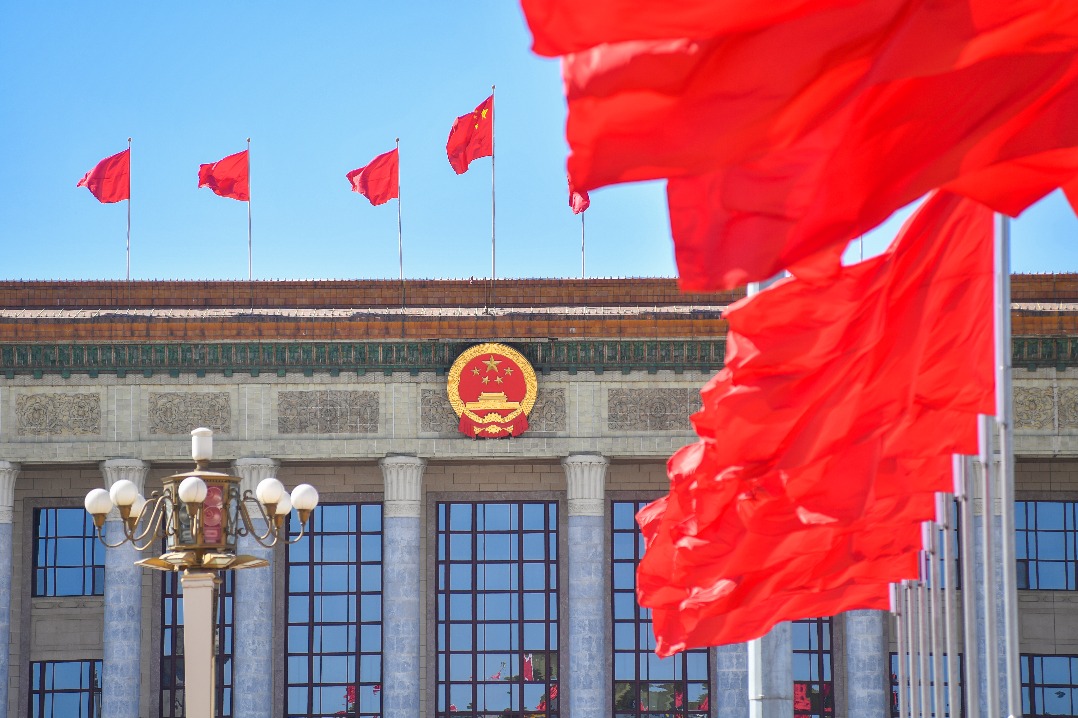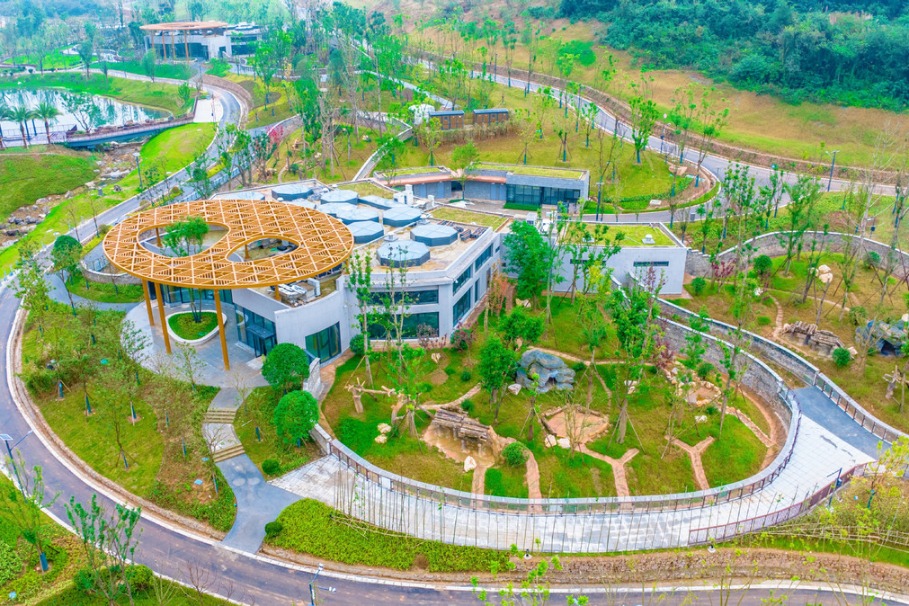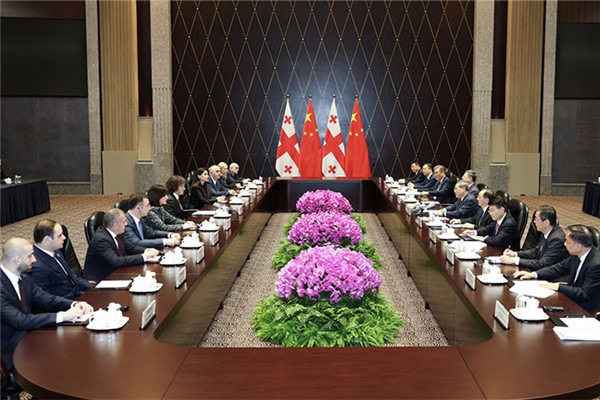China needs to speed up climate change legislation, says NPC deputy


China needs to speed up climate change legislation, says NPC deputy
A national legislator has called for legislation tackling climate change to be accelerated to help achieve the country's ambitious climate targets.
The legislation and the establishment of a legal system for reducing carbon emissions are an urgent necessity for the country to achieve its climate targets, said Zhang Tianren, a deputy to the National People's Congress.
China aims to peak carbon dioxide emissions before 2030 and realize carbon neutrality before 2060.
To achieve the targets, the country has introduced a "1+N" policy system, he said. Some national departments have already hammered out action plans and supporting policies for some key sectors, said Zhang, who is also chairman of the board at Tianneng Group, one of China's largest battery manufacturers.
The "1" in the policy system represents a master guideline issued by the central authorities for the targets, and the "N" stands for a series of specific action plans for different industrial sectors and supporting policies.
Zhang said, however, these documents are loose and fragmented, and barely provide adequate support for the climate targets.
Speeding up the legislation on tackling climate change and then establishing a legal system for reducing emissions will help guarantee support for the targets with regards to taxation, finance, investment and pricing policies, he said.
"This will stimulate the enthusiasm of market entities, propel the development of green, low-carbon industries and accelerate the establishment of green and low-carbon ways of production and life," he continued.
Zhang said the legislation is also necessary from an international perspective.
The European Union adopted the Carbon Border Adjustment Mechanism — a tariff on carbon-intensive products — in April last year. In June 2022, the United States proposed a draft of the Clean Competition Act, which also aims to impose a carbon border adjustment on energy intensive imports.
The urgency of the global low-carbon transformation will lead to adjustments in global trade rules, Zhang said. It's necessary for China to improve its carbon trading market by introducing relevant laws, and this can help China seize autonomy in settling international carbon tariffs.
- Beijing receives climate award at COP30 Local Leaders Forum
- Natl fire safety month promotes public safety awareness, risk prevention
- China reforms research review to boost young university staff
- Chinese researchers find freshwater snail species missing for nearly a century
- Top court strengthens legal protection for private firms
- Tianzi Mountain colored by autumn magic in Zhangjiajie




































